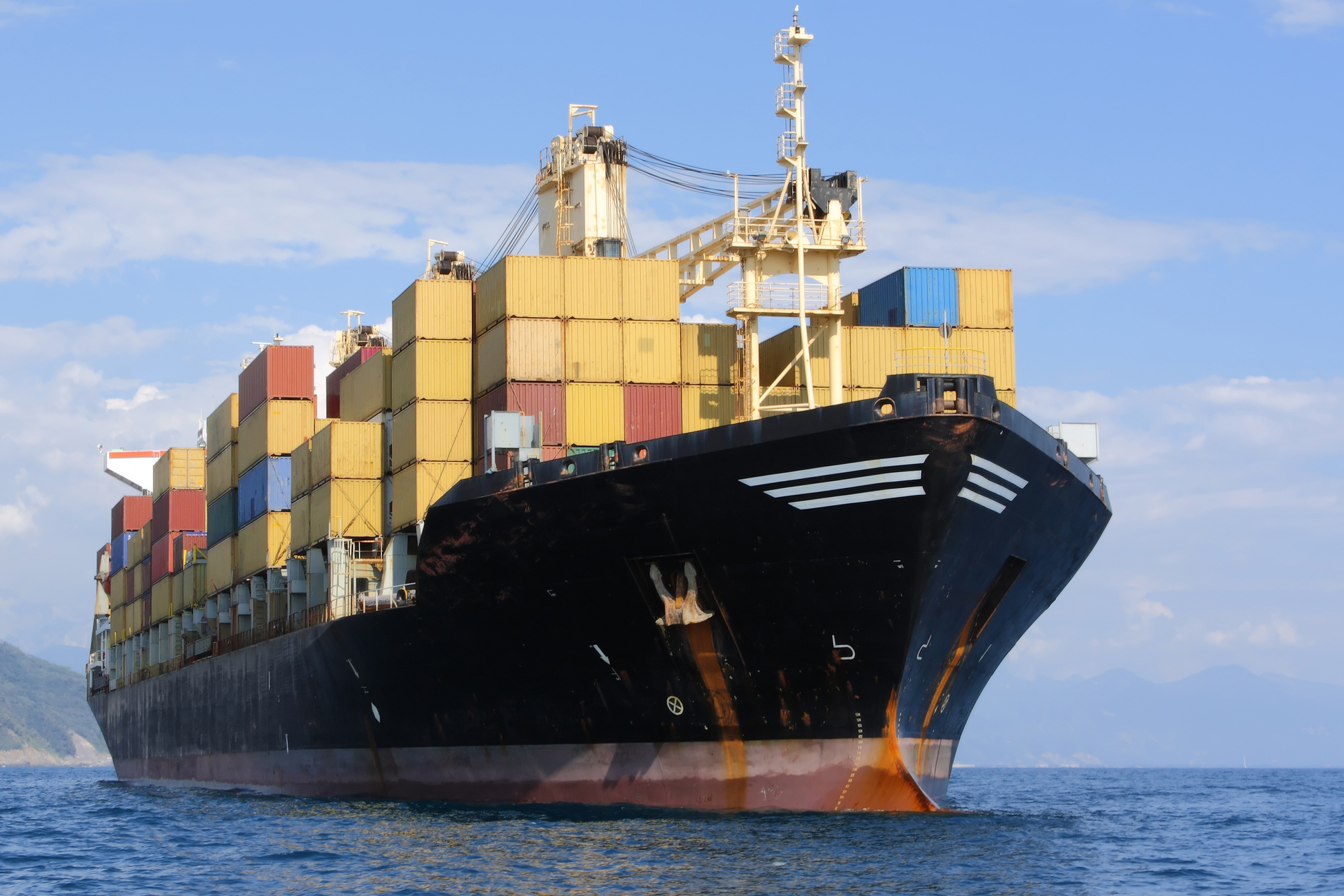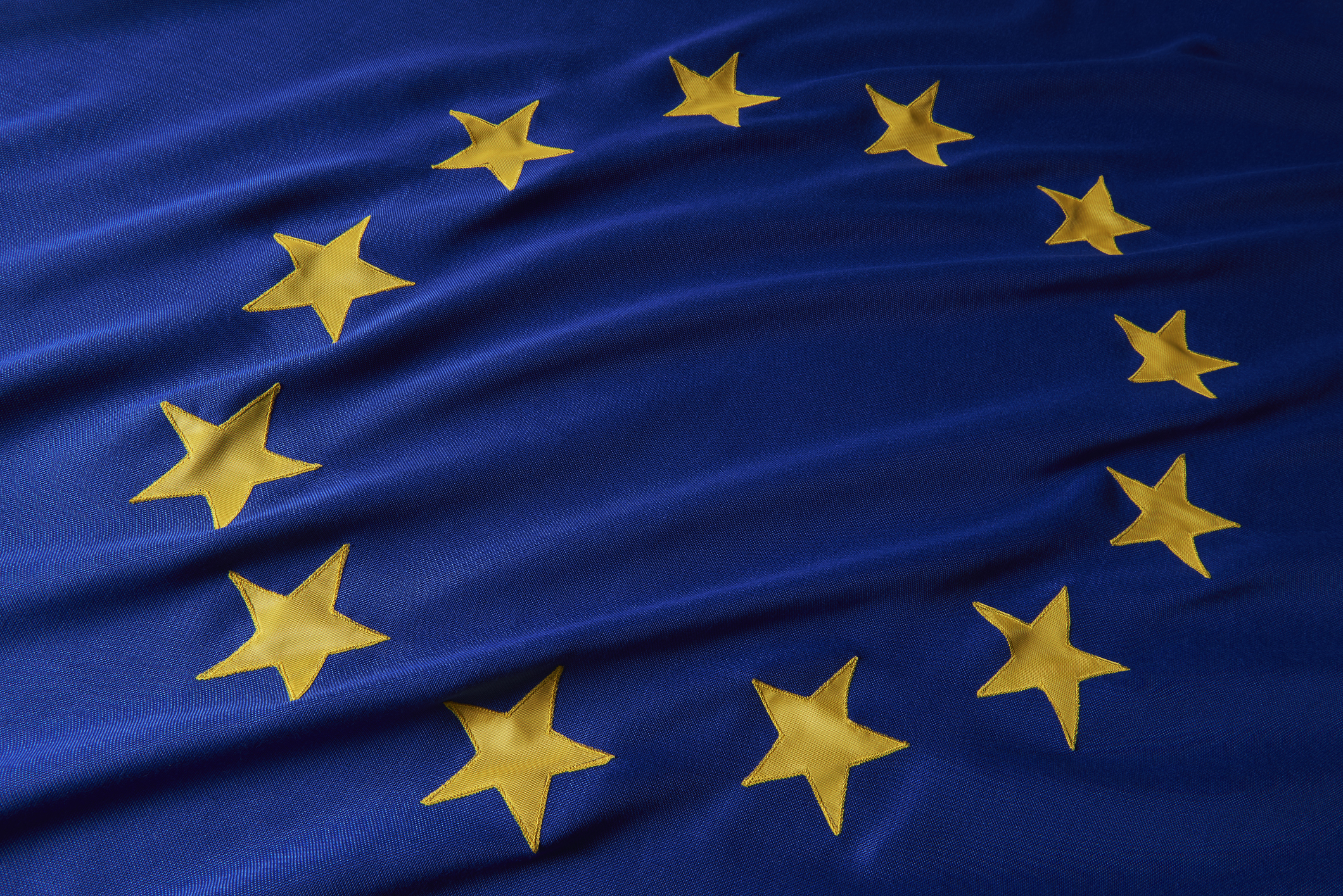Shipping sector security awareness 'low to non-existent'
ENISA urges EU member states to improve security awareness in the maritime sector.


The European maritime sector has next to no idea about cyber security, according to a report released by the European Network and Information Security Agency (ENISA).
The shipping industry, which carried 52 per cent of goods traffic in 2010, has "currently low to non-existent" awareness of cyber security needs and challenges, the report said.
This overall low awareness represents a concern as there is an increased dependency on ICT of all key players.
ENISA claimed the lack of understanding was evident at every layer of the industry, from government bodies to port authorities and maritime companies.
"This overall low awareness represents a concern as there is an increased dependency on ICT of all key players, processes and activities within the maritime sector," the report continued.
"Indicators of this dependency are the increasing number of ICT systems implementations in ports worldwide, and the continuous increase of volume and complexity of information and data exchanged."
ENISA considered the maritime sector to be one of Europe's critical infrastructure industries, saying the continent was " critically dependent" on the movement of cargo and passengers over sea.
Get the ITPro daily newsletter
Sign up today and you will receive a free copy of our Future Focus 2025 report - the leading guidance on AI, cybersecurity and other IT challenges as per 700+ senior executives
Given critical infrastructure is a key target for cyber criminals, the body recommended European nations to boost awareness
"Member States should consider developing and implementing awareness raising campaigns targeting the maritime actors. In particular the provision of appropriate cyber security training to relevant actors (e.g. shipping companies, port authorities, etc.) would be highly recommended," ENISA's report read.
"Such awareness campaigns and training initiatives should target all relevant actors involved in the maritime sector, while their provision could be coordinated by relevant cyber security organisations."
Tom Brewster is currently an associate editor at Forbes and an award-winning journalist who covers cyber security, surveillance, and privacy. Starting his career at ITPro as a staff writer and working up to a senior staff writer role, Tom has been covering the tech industry for more than ten years and is considered one of the leading journalists in his specialism.
He is a proud alum of the University of Sheffield where he secured an undergraduate degree in English Literature before undertaking a certification from General Assembly in web development.
-
 Third time lucky? Microsoft finally begins roll-out of controversial Recall feature
Third time lucky? Microsoft finally begins roll-out of controversial Recall featureNews The Windows Recall feature has been plagued by setbacks and backlash from security professionals
By Emma Woollacott Published
-
 The UK government wants quantum technology out of the lab and in the hands of enterprises
The UK government wants quantum technology out of the lab and in the hands of enterprisesNews The UK government has unveiled plans to invest £121 million in quantum computing projects in an effort to drive real-world applications and adoption rates.
By Emma Woollacott Published
-
 Forcing Apple to allow alternative app stores might cause major security risks
Forcing Apple to allow alternative app stores might cause major security risksAnalysis Apple will be forced to allow third-party marketplaces on its devices, but some experts have raised serious security concerns
By Solomon Klappholz Published
-
 Why bolstering your security capabilities is critical ahead of NIS2
Why bolstering your security capabilities is critical ahead of NIS2NIS2 regulations will bolster cyber resilience in key industries as well as improving multi-agency responses to data breaches
By ITPro Published
-
 New EU vulnerability disclosure rules deemed an "unnecessary risk"
New EU vulnerability disclosure rules deemed an "unnecessary risk"News The vulnerability disclosure rules in the Cyber Resilience Act could also cause a “chilling effect” on security researchers
By Ross Kelly Published
-
 Are you ready for NIS2?
Are you ready for NIS2?WEBINAR Find out what you should be doing to prepare for the EU’s latest data protection regulation and UK equivalent with our free webinar
By ITPro Published
-
 EU regulators are digging their heels in despite big tech’s Data Act pushback
EU regulators are digging their heels in despite big tech’s Data Act pushbackAnalysis EU regulators are no strangers to big tech regulatory push back, so why do companies still persist?
By Ross Kelly Published
-
 Capita tells pension provider to 'assume' nearly 500,000 customers' data stolen
Capita tells pension provider to 'assume' nearly 500,000 customers' data stolenCapita told the pension provider to “work on the assumption” that data had been stolen
By Ross Kelly Published
-
 2022 Public Sector Identity Index Report
2022 Public Sector Identity Index ReportWhitepaper UK Report
By ITPro Published
-
 Microsoft's EU Data Boundary will begin staggered rollout in January 2023
Microsoft's EU Data Boundary will begin staggered rollout in January 2023News Public sector and commercial customers will be the first to benefit when the rollout begins on 1 January across all of Microsoft's core services
By Ross Kelly Published